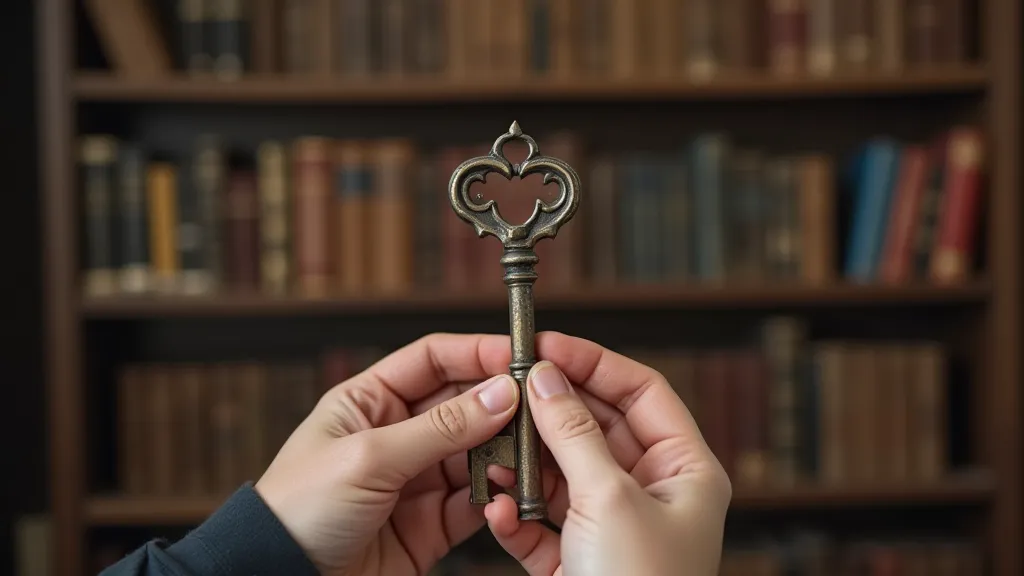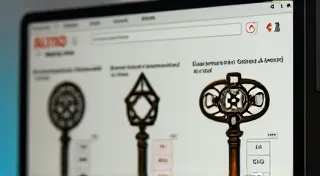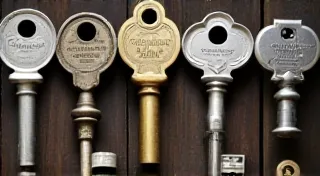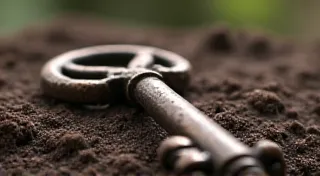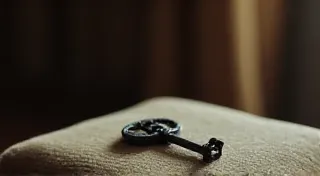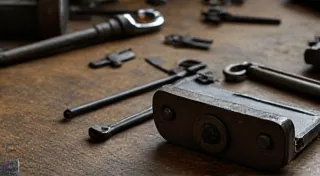Key Collecting on a Budget: Affordable Antique Finds
The allure of antique keys – their intricate designs, their echoes of history, and the fascinating stories they whisper – is captivating. But many potential collectors are intimidated by the idea that acquiring these historical treasures requires a hefty investment. The good news is, key collecting doesn't have to break the bank! With a little knowledge and some strategic hunting, you can build a beautiful and intriguing collection of antique keys on a budget.
Understanding Value and Focusing on Common Keys
The value of an antique key isn’t solely determined by its age. Condition, rarity, complexity of design, and historical significance all play a role. Truly rare and exceptional keys – those with unique markings, connections to specific historical events, or unusual construction – command high prices. To start collecting affordably, focus on common and less-sought-after varieties. These might include:
- Mortise Keys: These are generally quite common and often quite affordable.
- Simple Skeleton Keys: While still charming, these are less coveted than elaborate designs.
- House Keys with Simple Bows: Look for keys with plain, undecorated bows.
- Keys with Minimal Markings: Keys without manufacturer's marks or unique identifiers often sell for lower prices.
Learning to recognize these 'common' keys is crucial. As you gain experience, you'll develop an eye for what's considered a "good find" versus a more valuable piece.
Hunting Grounds: Where to Find Affordable Keys
Now, let's explore the best places to hunt for affordable antique keys. Patience and persistence are key (pun intended!)
Flea Markets: The Classic Approach
Flea markets are a treasure trove for budget-minded collectors. Prices are often negotiable, and you can often find keys mixed in with other miscellaneous items. Be prepared to sift through a lot of junk, but the thrill of the discovery makes it worthwhile. Talk to the vendors; they often have hidden stock or might be willing to offer a better price if you express genuine interest.
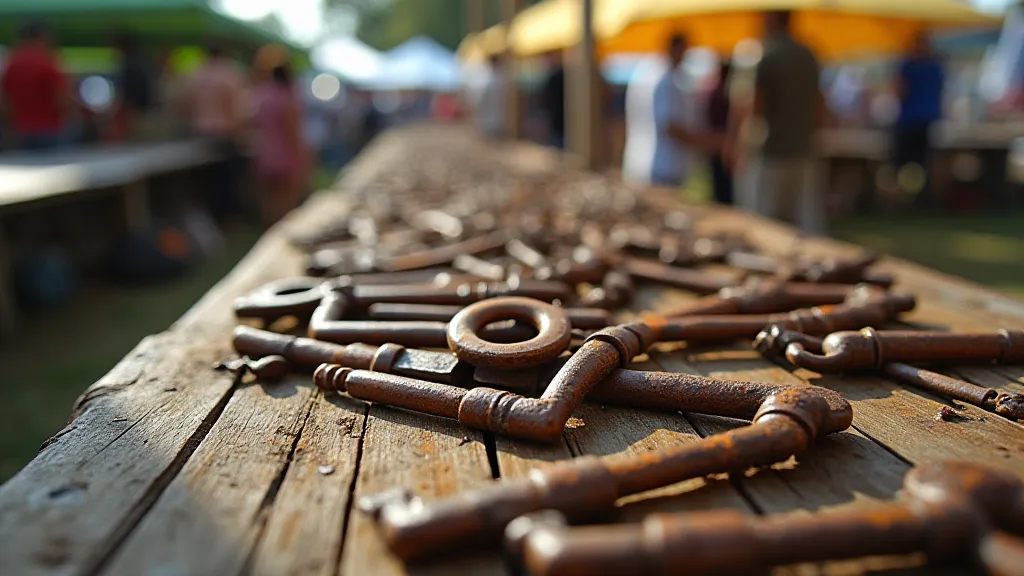
Estate Sales: Uncovering Hidden Gems
Estate sales are another excellent source for affordable keys. Often, the items are being sold quickly, so you might be able to snag a bargain. Look beyond the furniture and jewelry; keys often end up in boxes of miscellaneous items. Attend sales early for the best selection, but don’t be afraid to return later in the sale for potential price reductions.
Online Auctions: Expanding Your Reach
Online auction sites (like eBay, but also smaller local auction platforms) can offer a wide selection of keys at varying prices. While shipping costs can add up, you can often find keys being sold at below-market prices due to lack of interest or inaccurate descriptions. Do your research before bidding; understand the key’s potential value and factor in shipping costs.
Tip: Set up saved searches with relevant keywords (antique keys, vintage keys, old keys) to be notified when new listings appear.
Thrift Stores and Antique Shops (with caution):
While less consistently fruitful than flea markets and estate sales, thrift stores and antique shops can occasionally surprise you with a hidden gem. Antique shops will generally be more expensive, but the staff may be knowledgeable and willing to share information about the keys.
Key Identification Basics – A Head Start
Even with a budget collection, knowing a little about key identification can save you money and increase your enjoyment. Understanding the different types of keys (e.g., mortise, skeleton, wafer) and recognizing potential maker's marks can help you assess value and track down information about your finds.
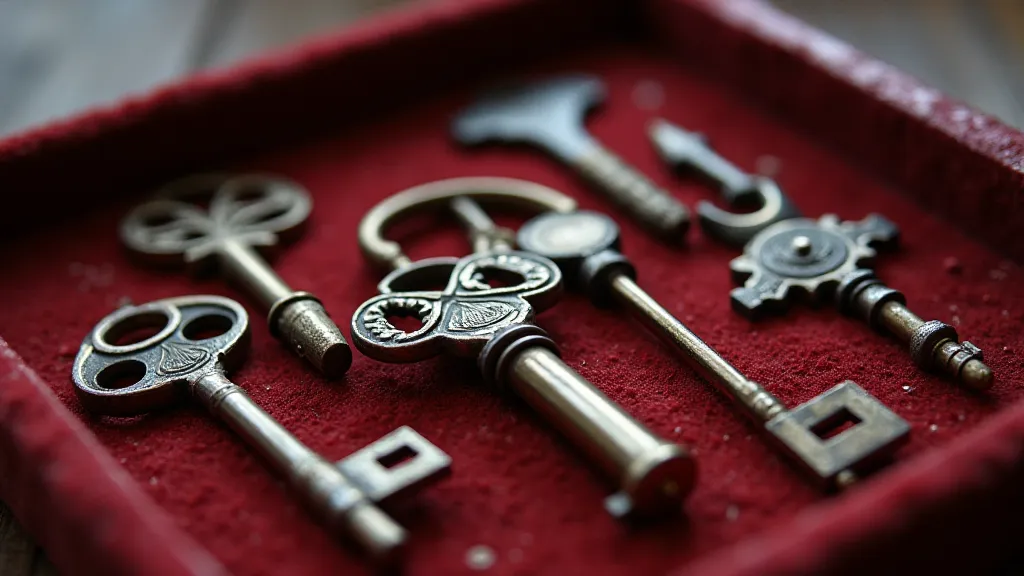
Building Your Collection: A Long-Term Game
Key collecting on a budget is about patience, research, and a love for the history behind these small objects. Don't be discouraged by initial setbacks. The more you learn, the better your eye will become, and the more rewarding your collecting journey will be. Celebrate each find, no matter how small, and remember that even affordable keys hold a piece of the past.
